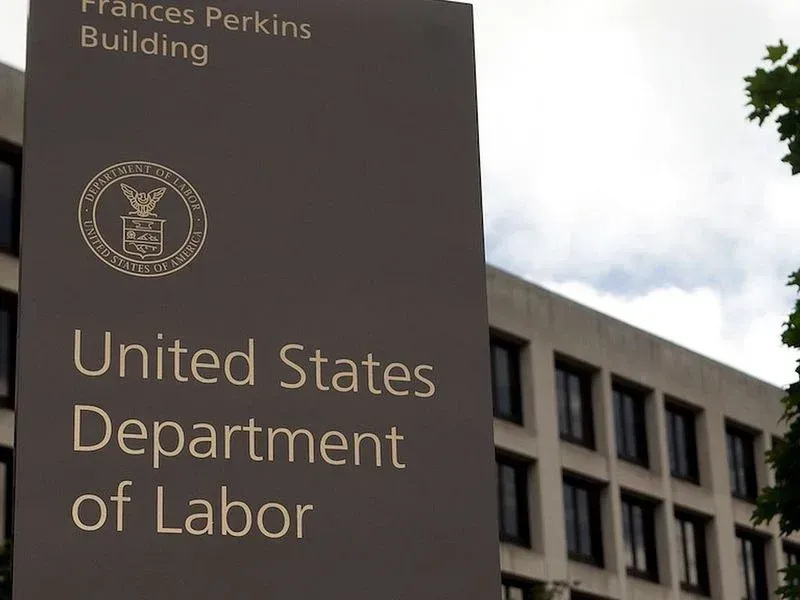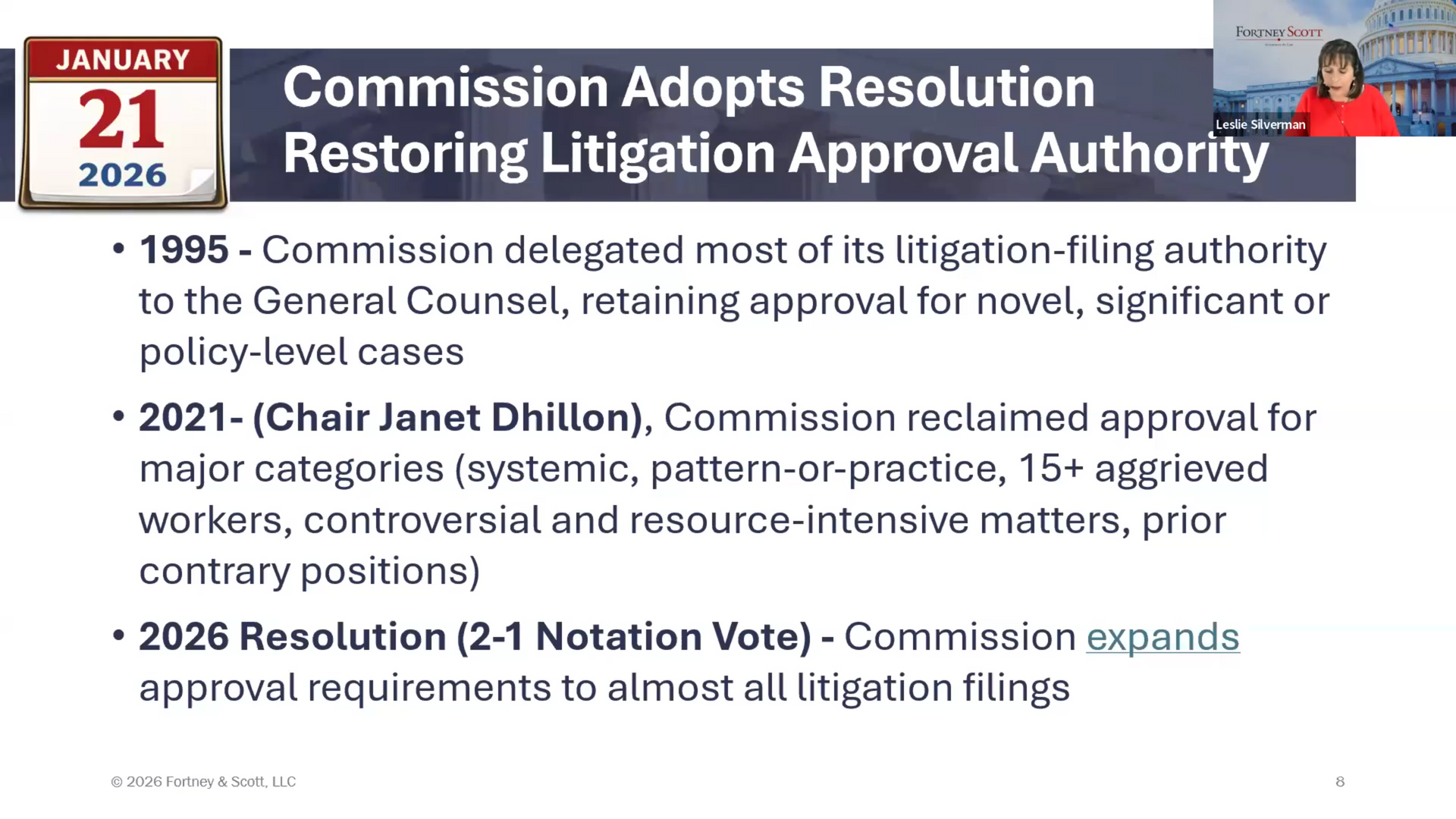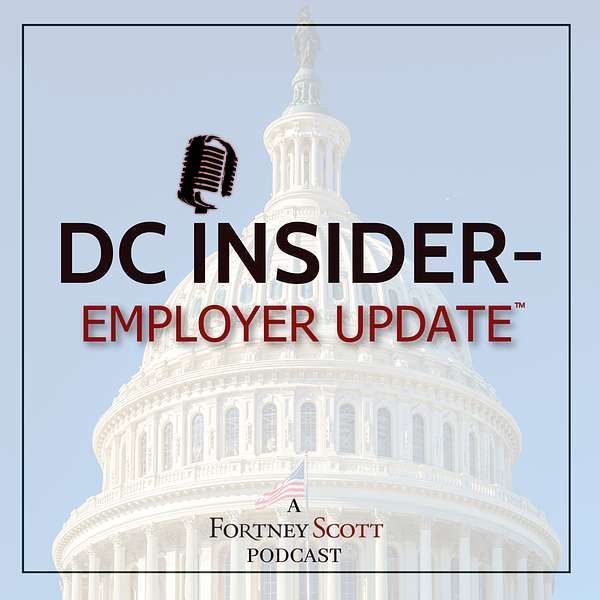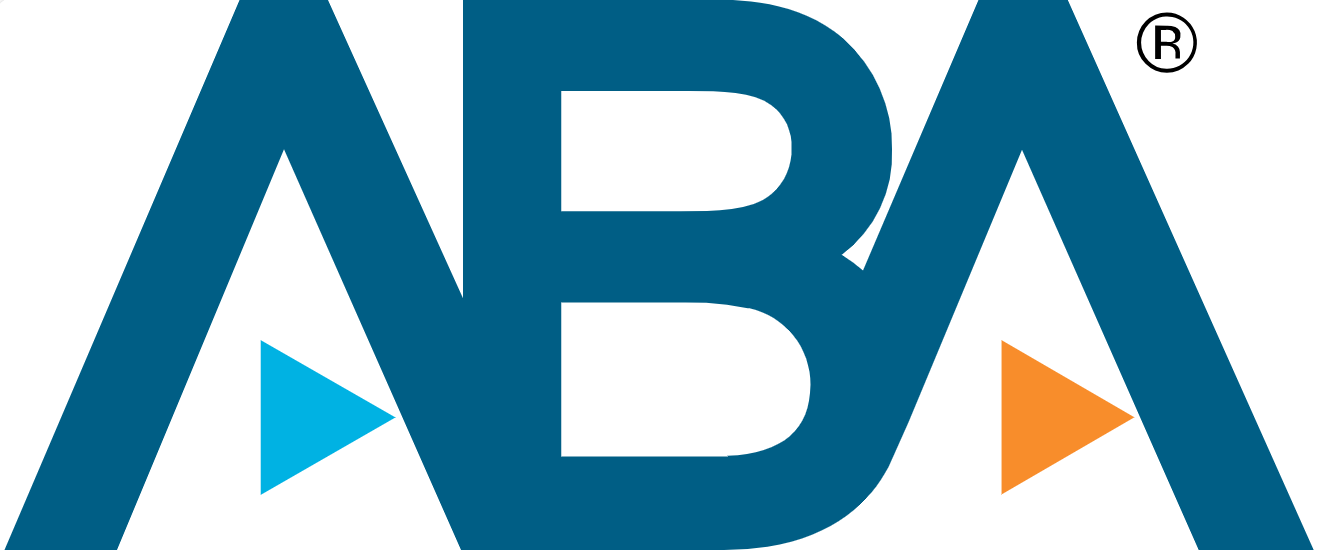Register for FortneyScott’s Lunch & Learn: Six Key Changes under the Trump Administration
This has been a year like no other, and the election of Donald J. Trump as the President of the United States represents a significant departure from the status quo. What will the 2016 election mean for the future of workplace laws, regulations and for the federal agencies charged with enforcing them? At this early stage of the Trump Administration transition, some of the key changes already are becoming clear.
To assist employers in understanding the latest developments and significant changes in labor and employment and policy matters anticipated from the Trump Administration, FortneyScott is offering a
complimentary
Lunch & Learn webinar
on
what the federal election results could mean for your industry and your business, specifically, the six key changes for labor and employment:
- Make job creation the topmost priority
- Repeal “job-killing Executive orders and regulations
- Change the leadership and direction of the Department of Labor, Equal Employment Opportunity Commission and National Labor Relations Board
- Institute national paid maternity leave
- Strengthen immigration policies
- Repeal and replace Affordable Care Act
Join us on Tuesday, December 13 from 12:00 – 1:00 p.m. EST for a
complimentary webinar.
CLICK HERE to register.















